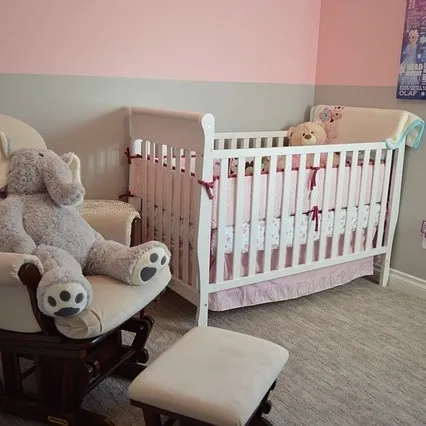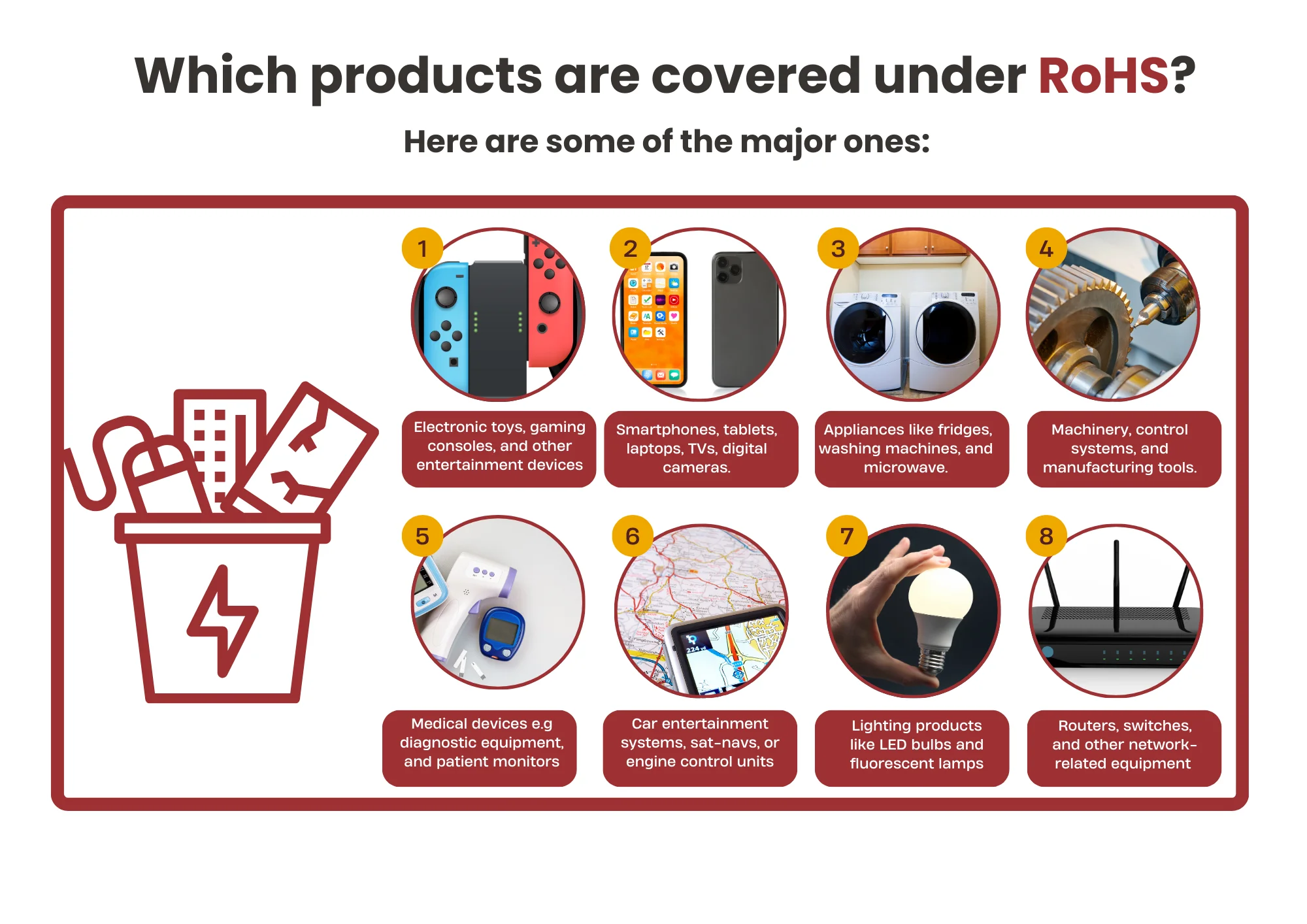
EN71 Certification Requirements for Children's Toys
Introduction to EN71 Toy Testing:
EN71 is the regulatory standard for toy products in the EU market. The EU introduced the EN71 certification to establish technical specifications for toys entering the European market, thereby reducing or preventing potential harm to children.

On June 18, 2011, the European Commission officially published the new toy safety harmonized standard EN71-1:2011 in the Official Journal of the European Union (OJEU). This new harmonized standard was formulated according to the new Toy Safety Directive 2009/48/EC, which came into effect on July 20, 2011. As per this directive, all toys placed on the EU market after July 20, 2011, must comply with EN71-1:2011.
1. China is a major toy exporter, with Europe being a primary target market. Approximately 40% of China's annual toy exports are destined for the European market.
2. Definition of a toy: An item designed for children under 14 years old for play purposes.
EN71 is a mandatory standard in EU countries for toys designed for children under 14.
EN71 consists of the following 12 parts (Part 6 has been withdrawn):
- EN71-1: Mechanical and physical properties
- EN71-2: Flammability
- EN71-3: Migration of certain elements
- EN71-4: Experimental sets for chemistry and related activities
- EN71-5: Chemical toys (sets) other than experimental sets
- EN71-6: Graphical symbols for age warning labeling (withdrawn)
- EN71-7: Finger paints
- EN71-8: Swings, slides, and similar activity toys for indoor and outdoor family use
- en71-9: Organic compounds – Requirements
- EN71-10: Organic compounds – Sample preparation and extraction
- EN71-11: Organic compounds – Analytical methods
- EN71-12: N-nitrosamines and N-nitrosatable substances
- EN71-13: Olfactory board games, cosmetic kits, and gustative games
Overview of EN71 Toy Standards:
EN71 is broadly divided into four main parts:
1. EN71 Part 1: Physical and Mechanical Properties
- Includes drop tests, small parts tests, sharp edge tests, tensile tests, compression tests, seam strength tests, ear/nose/eye pull tests, and torque tests.
- Ensures toys do not collapse, contain ingestible small parts, sharp edges, noise hazards, or sharp points that could harm children.
- Defines safety technical requirements and test methods for toys across different age groups, from newborns to 14-year-olds.
- Also specifies requirements for packaging, labeling, and usage instructions.
2. EN71 Part 2: Flammability
- Specifies prohibited flammable materials in toys and defines flammability performance standards for certain small fire sources.
- Requires tested materials to have a burning rate within the specified limit.
- Covers head-worn toys, toy costumes, stuffed toys, and toys for children to enter.
- Specific product categories:
1. Head-worn toys: Includes beards, mustaches, wigs, and similar materials, as well as molded and fabric masks.
2. Toy costumes: Includes outfits such as cowboy sets and nurse uniforms.
3. General children’s toys: Covers plush toys, plastic toys, paper toys, electronic toys, wooden toys, metal toys, leather toys, educational toys, and more.
4. Soft-filled toys containing plush or textile materials: Includes stuffed animals and dolls.
3. EN71 Part 3: Migration of Certain Elements
- Defines limits and test methods for migratable elements (Aluminum, Antimony, Arsenic, Barium, Boron, Cadmium, Trivalent Chromium, Hexavalent Chromium, Cobalt, Copper, Lead, Manganese, Mercury, Nickel, Selenium, Strontium) in accessible toy materials.
- Accessibility is determined using a jointed probe (simulated finger); if a probe can reach the material, it is considered accessible.
- Testing principle: Simulates prolonged contact with gastric acid after ingestion to measure the dissolved element content.
- Chemical testing involves eight heavy metal limits (unit: mg/kg).
EN71 Toy Testing Process:
1. Identify the required test items.
2. Complete the test application form, confirm testing standards, and determine the target age group.
3. Send and receive samples: The applicant arranges sample shipping.
4. Standard toy testing usually takes about 5-7 working days.
5. If the test passes, a certification report is issued.
Required Documents for Testing:
1. Two sets of product samples for shipment.
2. Product instruction manual.
3. EN71 test application form.
How Long Does EN71 Testing Take?
For common toy EN71 certification applications, the laboratory typically completes testing within five working days upon receiving the samples and application materials.
Does EN71 Testing Have an Expiry Date?
The EN71 test report remains valid as long as there are no changes in product design or regulatory requirements. However, special requirements from buyers or platforms may require retesting.
EN71 Testing Costs:
There is a common misconception that identical materials with different colors should not require separate testing. However, EU regulations mandate that EN71 testing be conducted separately for different materials and colors, which results in separate charges.
PS: Most chemical testing projects follow similar regulations, such as RoHS, REACH, and CA65.
Additionally, the cost varies depending on the toy type and specific test requirements defined by the customer.
Email:hello@jjrlab.com
Write your message here and send it to us
 EMC Pre Compliance Testing
EMC Pre Compliance Testing
 PAHs Testing (Food and Textile)
PAHs Testing (Food and Textile)
 Where to Apply for the EU RoHS Test Report?
Where to Apply for the EU RoHS Test Report?
 Children’s Products and Toy Testing
Children’s Products and Toy Testing
 What is a GB 31701 Test Report?
What is a GB 31701 Test Report?
 UN 38.3 Transportation Test
UN 38.3 Transportation Test
 Toxicological Risk Assessment of Medical Devices
Toxicological Risk Assessment of Medical Devices
 How to get the Vacuum Cleaner UL 1017 Test Report?
How to get the Vacuum Cleaner UL 1017 Test Report?
Leave us a message
24-hour online customer service at any time to respond, so that you worry!




